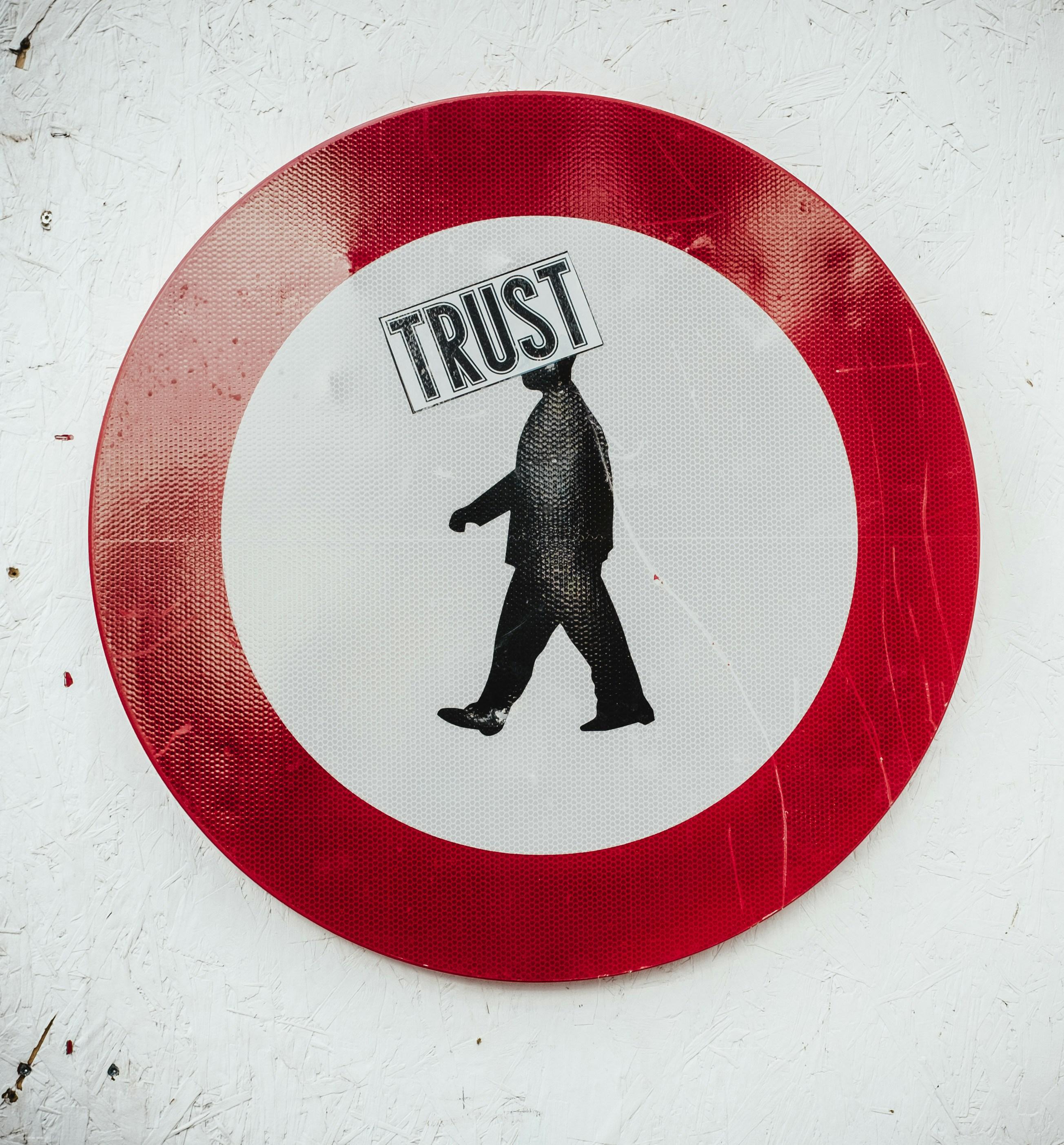Embarking on a new relationship can feel like stepping into a world brimming with possibilities. The excitement of discovery, the thrill of connection, and the allure of romance can be intoxicating. Yet, amid the flutter of first dates and whispered secrets, it’s crucial to remain grounded and vigilant. While the journey of love is often unpredictable, staying attuned to early signs can help safeguard your emotional and physical well-being. In this article, we’ll explore essential strategies and insights to help you navigate the initial stages of a relationship with both heart and mind in harmony. Boundaries with Care”>
Boundaries with Care”>
Navigating Boundaries with Care
Understanding and respecting personal boundaries is essential in any relationship. Early on, it’s important to establish what feels comfortable for you and communicate this clearly. Mutual respect forms the foundation of a healthy partnership. Look out for signs that your boundaries are being respected, such as:
- Listening actively and valuing your perspective
- Checking in to ensure you’re comfortable with the pace
- Encouraging open and honest conversations
If you notice any red flags, like consistent pressure to move faster than you’re comfortable with or dismissing your feelings, it might be time to reassess. Healthy relationships are built on trust and understanding, and both partners should feel safe and valued.
Recognizing Red Flags and Subtle Signs
Embarking on a new relationship can be thrilling, yet it’s essential to remain vigilant for any warning signs that may indicate future problems. While some issues might be glaringly obvious, others can be more insidious. Here are a few subtle signs to keep in mind:
- Inconsistent Communication: If your partner frequently drops off the radar or gives vague responses, it could be a sign of avoidance or lack of commitment.
- Disrespectful Behavior: Jokes that make you uncomfortable or dismissive comments about your feelings can erode trust over time.
- Overstepping Boundaries: Pushing you to share more than you’re comfortable with or ignoring your limits can indicate a lack of respect for your autonomy.
- Excessive Jealousy: While a little jealousy can be natural, if it turns into constant questioning or monitoring, it might suggest deeper insecurities.
By staying alert to these subtle cues, you can better assess the health of your new relationship and make informed decisions about moving forward.

Building Trust Through Open Communication
Open communication is the cornerstone of any healthy relationship. In the early stages, it’s crucial to establish a foundation where both partners feel comfortable expressing their thoughts and feelings. This openness not only fosters trust but also helps identify potential red flags before they become significant issues. Consider the following strategies to enhance communication in your budding relationship:
- Active Listening: Pay close attention to what your partner is saying without interrupting. Show empathy and understanding, which encourages them to share more openly.
- Express Your Needs: Clearly articulate your desires and boundaries. Doing so ensures that both partners are aware of each other’s expectations and can navigate them respectfully.
- Regular Check-ins: Set aside time to discuss how the relationship is progressing. These conversations can help address any concerns before they escalate.
By prioritizing open dialogue, you create an environment where trust can flourish, paving the way for a safer and more fulfilling relationship journey.

Ensuring Emotional Safety and Well-being
In the early stages of a relationship, prioritizing your emotional safety is crucial. It’s important to be aware of how your partner makes you feel and whether your emotional needs are being respected. Trust your instincts—if something feels off, it probably is. Look for signs of genuine empathy and understanding, as these are the building blocks of a supportive connection. Pay attention to how your partner responds to your boundaries and emotions. Are they attentive and considerate, or dismissive and critical?
Here are a few things to consider:
- Communication: Is there open, honest dialogue? Can you express your feelings without fear of judgment?
- Respect: Does your partner respect your boundaries and personal space?
- Support: Are they encouraging and supportive of your goals and aspirations?
- Consistency: Do their actions align with their words?
Being mindful of these aspects can help foster a relationship where both partners feel secure and valued.




